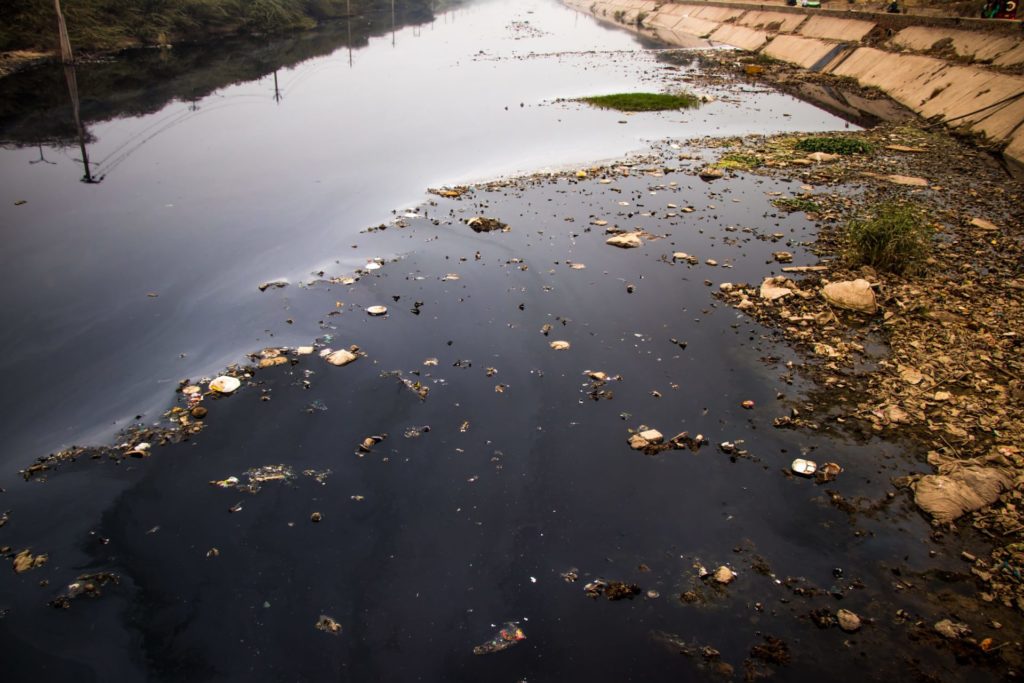heading
PROJECT: GOVERNANCE, ADVOCACY AND LEADERSHIP IN WATER, SANITATION AND HYGIENE (GOAL WASH)Mongolia
Through support provided by GoAL WaSH, water supply and sanitation was put firmly on the institutional agenda in Mongolia. Efforts at the national level have been translated into key policy documents and decisive action has become institutionalized at different levels.

Goals
- Leadership and Coordination: Support the government in providing clearer leadership and better coordination to the Water Supply and Sanitation (WSS) sector.
- Roadmap to MDGs: Assist the government in implementing its action plan to meet the WSS MDGs and national planning objectives.
- Soum (rural sub-district) WSS Services: A priority area for strengthening service development is in Soum WSS services. The project will clarify plans and approaches for Soum service development and strategic investment opportunities.
- Sector Advocacy: The project will gather information, prepare advocacy materials and make the case to the Ministry of finance and lead donors for increased investment in WSS services. The Project team will actively support the global ‘Sanitation and Water for All – a Global Framework for Action’.
- Capacity Development: Operation and maintenance capacities for water supply and sewerage collection systems, strengthened at the local level.
Challenge
In the last few years, Mongolia made an impressive progress towards the MDG targets on increased access to safe water and adequate sanitation. Although considerable progress has been made inequity is still a problem with low level of access to safe water and adequate sanitation in rural areas. Particularly challenging are the capacity gaps at the local level to provide water supply and sanitation services.
Opportunity
Following the economic growth in Mongolia the last four years, the Government significantly increased investments in public utilities, with a specific focus on rural infrastructure including water supply, sewerage collection and treatment facilities. There has been a need to generate specific models for water and sanitation service provision, suited to rural sub-districts.
Strategy
GoAL WaSH has provided resources to support sector coordination, sectoral reforms and developed a management model for WSS services in rural sub-districts. Additionally, GoAL WaSH provided support to develop an MDG Roadmap and standards on small-scale wastewater treatment facilities. The second phase of the project addressed local level capacity gaps in WSS service delivery, with a specific focus on operation and maintenance.
Achievements
The governance focus provided by the GoAL WaSH programme was a useful complement to other relevant water and sanitation-related initiatives. Through support provided by GoAL WaSH, water supply and sanitation was put firmly on the institutional agenda in Mongolia. Efforts at the national level have been translated into key policy documents and decisive action has become institutionalized at different levels.
The programme supported the establishment of a national integrated database on water supply and sanitation services and contributed to efforts to sustain the quality of monitoring. Comprehensive statistical data on the sector is now collected nationally at household level, with relevant central and local officers receiving training on use of the database. The information has been integrated into the comprehensive database established at the Ministry of Construction and Urban Development, and the Government of Mongolia has approved additional funding to expand it with geographic information system features.
GoAL WaSH programme was instrumental in the development and adoption of an MDG roadmap to MDG 7 Target 16 in 2011. This essential policy document was prepared with extensive consultations with sector stakeholders. Strategic guidelines were also developed to support the implementation of the roadmap and policy recommendations. The key result was the achievement of inter-sectoral coordination of water supply and sanitation. The roadmap was incorporated in the formal implementation and reporting system of all relevant ministries, with roles clearly assigned and sound financial commitments made. Within the framework of the roadmap, coordination capacities were built at the sector level through the provision of strategic guidelines and technical assistance to the Ministry of Construction and Urban Development.
A new model of management of water supply and sanitation services at the local level was developed and became part of the national legislation. To support its implementation, the programme contributed to a national standard on small-scale wastewater treatment facilities, and a guidebook on monotype design drawings and technologies for small-scale wastewater treatment facilities.
Through GoAL WaSH funding, UNDP and the Ministry of Construction and Urban Development piloted the position of an officer in charge of Soum-level water supply and sanitation for two years. The function subsequently became a permanent position within the Mongolian civil service. The role is considered vital for coordinating Soum-level issues and ensuring that government policy for water and sanitation is fully implemented in rural settlements.
The programme funded the development, publication, and dissemination of an English–Mongolian dictionary and glossary on water and sanitation terminology, based on the formally approved national standard for terms and terminology also financed by GoAL WaSH.
As a result of GoAL WaSH, investments in the water supply and sanitation sector significantly increased. The GoAL WaSH programme ensured that the sector was central in the new national programme on the provision of adequate housing and the renovation of rural settlement infrastructure.
Project proposals prepared by 17 herder groups with the financial support of GoAL WaSH were subsequently awarded small grants from a UNDP project for the protection of water supplies for more than 2,100 people.
A study tour organized in Sweden in 2011 enabled Mongolian participants to contribute substantially to the formulation of guidance for developing small town programmes. Regarding capacity building to implement the new water and sanitation service delivery model at the local level, GoAL WaSH financed the organization of vocational education training courses in four Mongolian localities. The training used the curricula, training modules, and guidelines on methodology of the modules developed by the programme and was followed by a ‘training of trainers’ course.
GoAL WaSH support to knowledge documentation helped to promote safety and reduce the incidence of accidents and occupational health issues in the water and sanitation sector by translating and updating standard guidelines on occupational safety and health, which were published and disseminated nationally.
